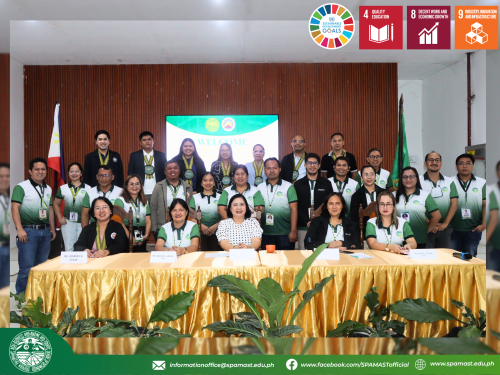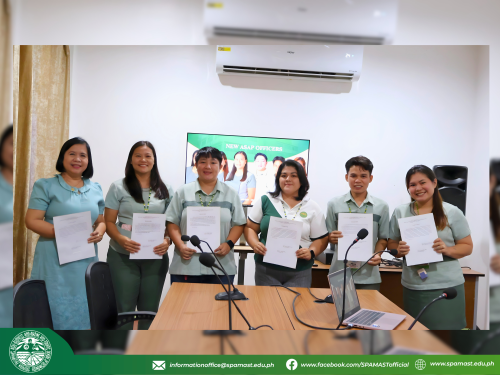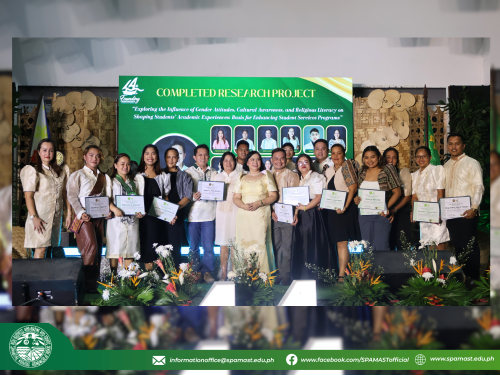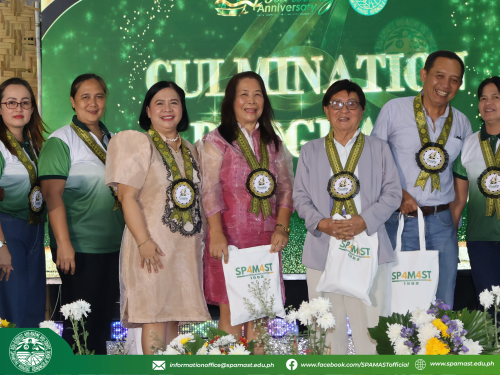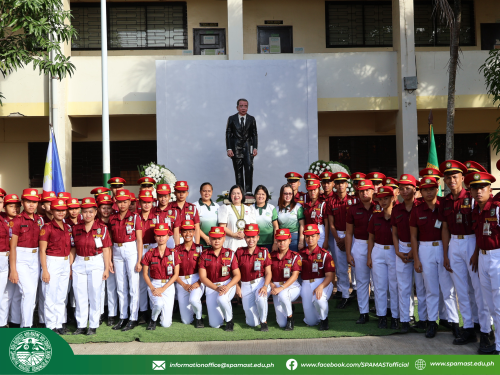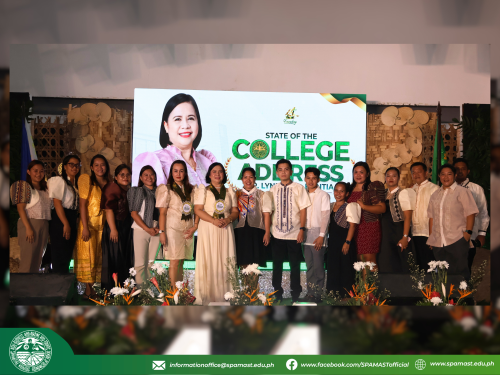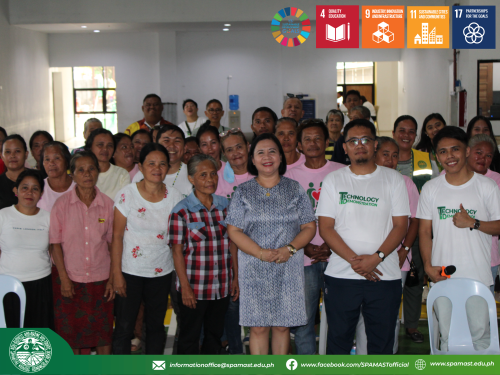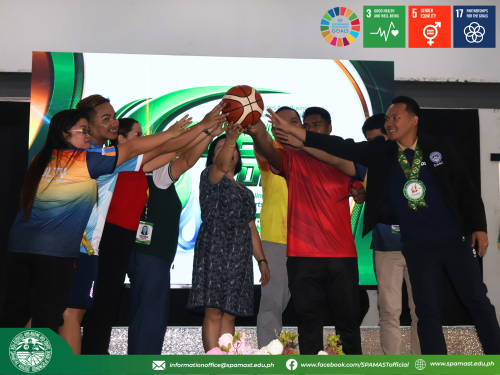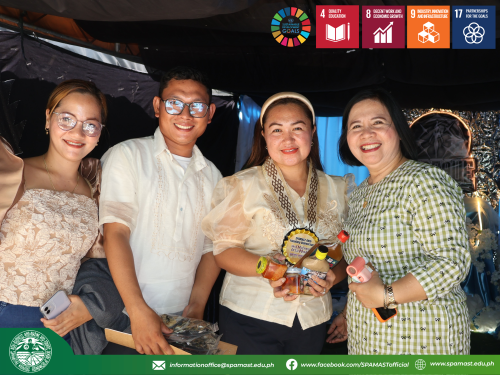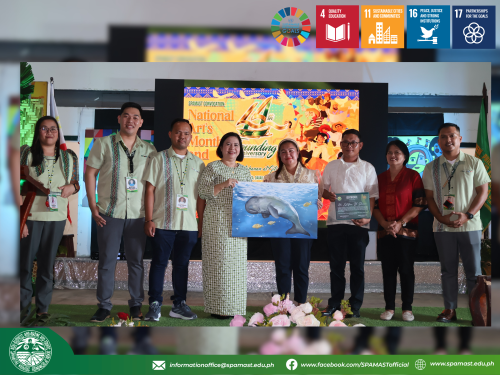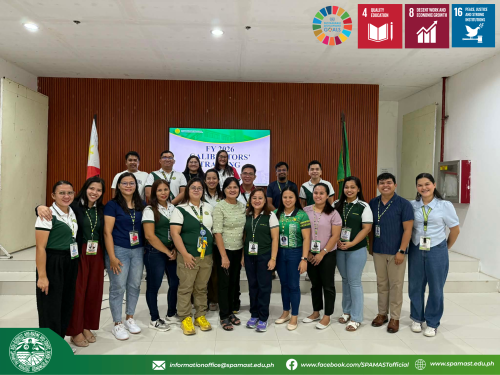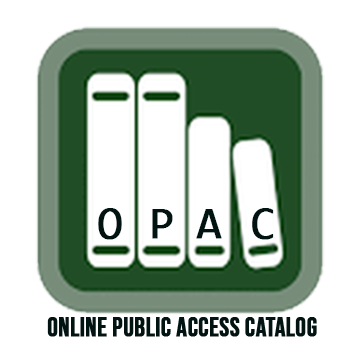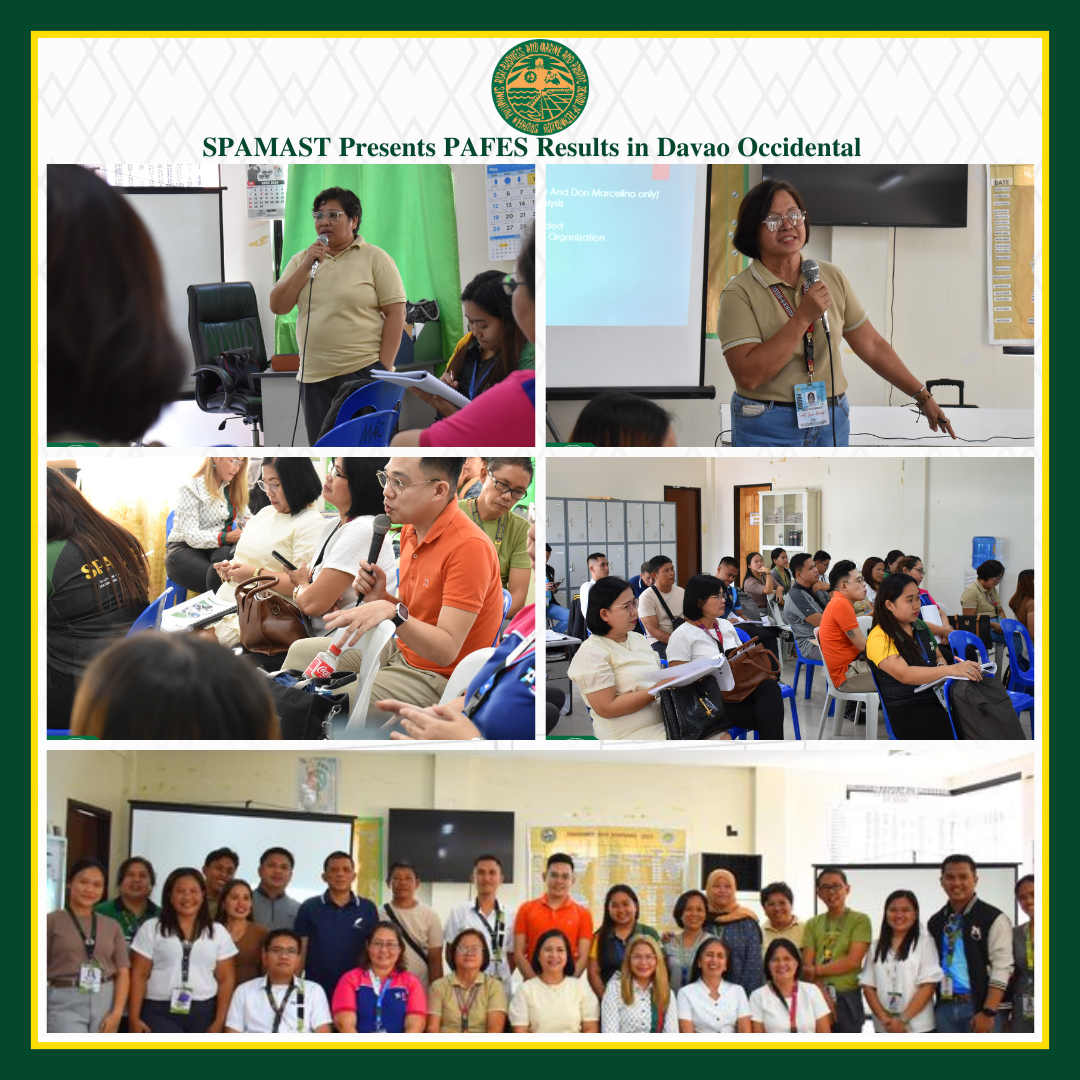
Malita, Davao Occidental – On May 29, 2024, the Southern Philippines Agribusiness and Marine and Aquatic School of Technology (SPAMAST) shared the results of the Province-led Agriculture and Fisheries Extension System (PAFES) at the Office of Municipal Agriculture and Fisheries (OMAF). The assessment covered five municipalities: Sta. Maria, Malita, Don Marcelino, Jose Abad Santos, and Sarangani.
Leading the event were SPAMAST’s College President Dr. Lynette A. Bontia, Vice-President for Academic Affairs Dr. Marlyn B. Llameg, Director for Research Innovation Dr. Grace D. Buencillo, Dean of the Institute of Agriculture and Development Communication Dr. Elenito P. Bugawisan, Director for Extension Services Mr. Kher Dave Doños, and faculty members from agriculture, fisheries, and marine sciences programs. Key officials from the Provincial Agriculture Office, headed by Ms. Nally Bangoy, also attended.
The presentation aimed to evaluate the resources, capacities, and past programs of local government units (LGUs) in agriculture and fisheries extension. It assessed the skills and capabilities of agricultural extension workers and gathered feedback from farmers and fishers on their experiences with LGU programs.
To understand the province’s agriculture and fisheries sectors, a comprehensive assessment is needed. This includes evaluating the physical and biological resources such as land, water, and biodiversity. Additionally, the demographic and socio-economic profile of the population will be analyzed to understand factors influencing agricultural productivity and community wellbeing.
The structure and capabilities of agri-fishery extension units will be reviewed, focusing on the number and status of extension workers, their skills, and training. Financial resources for these units will be assessed to identify funding adequacy and needs.
Support services for extension delivery, such as technical advice and market access, will be identified to evaluate their effectiveness. Existing infrastructure, including irrigation and storage facilities, will be assessed for adequacy.
Current agriculture and fishery programs will be reviewed to understand their impact and areas for improvement. Stakeholder involvement and satisfaction with extension services will be measured to ensure these services meet community needs.
Lastly, a profile of the surveyed farmers and fishers will be compiled, including demographic information and challenges faced. This comprehensive assessment will provide a clear understanding of the province’s agricultural and fisheries sectors, guiding future planning and resource allocation.
To understand the province’s agriculture and fisheries sectors, a comprehensive assessment is needed. This includes evaluating the physical and biological resources such as land, water, and biodiversity. Additionally, the demographic and socio-economic profile of the population will be analyzed to understand factors influencing agricultural productivity and community wellbeing.
The structure and capabilities of agri-fishery extension units will be reviewed, focusing on the number and status of extension workers, their skills, and training. Financial resources for these units will be assessed to identify funding adequacy and needs.
Support services for extension delivery, such as technical advice and market access, will be identified to evaluate their effectiveness. Existing infrastructure, including irrigation and storage facilities, will be assessed for adequacy.
Current agriculture and fishery programs will be reviewed to understand their impact and areas for improvement. Stakeholder involvement and satisfaction with extension services will be measured to ensure these services meet community needs.
Lastly, a profile of the surveyed farmers and fishers will be compiled, including demographic information and challenges faced. This comprehensive assessment will provide a clear understanding of the province’s agricultural and fisheries sectors, guiding future planning and resource allocation.
This appraisal aims to guide future improvements in agriculture and fisheries extension services in Davao Occidental, benefiting local communities.
